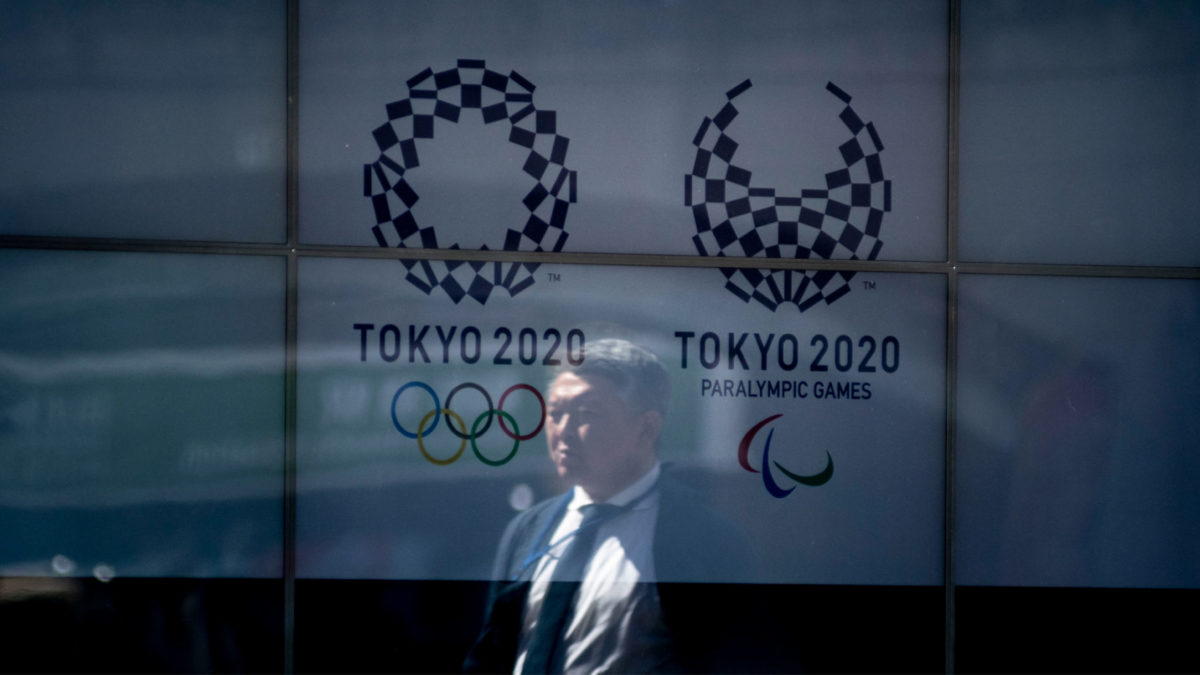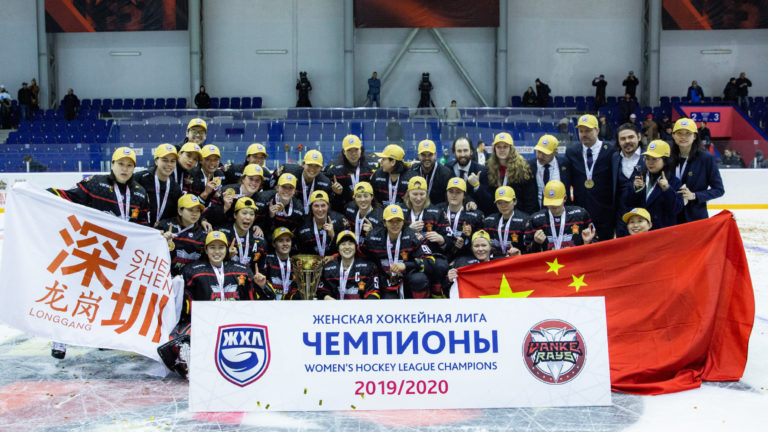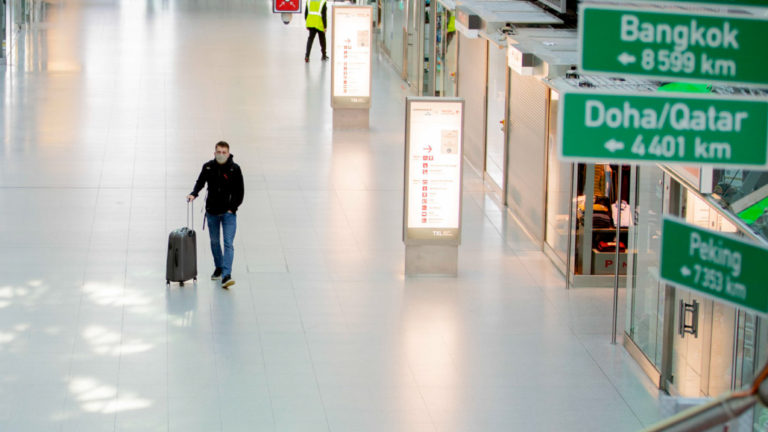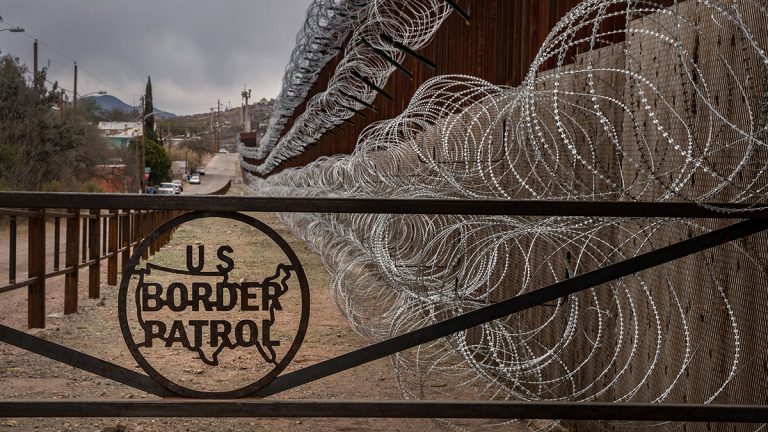Athletes Face Struggles Due to Paralympic Games Postponement
Why this matters
A return to sport will be a hard road for 'typical' athletes. But how will Paralympic athletes deal with this moment?
COVID-19 has impacted sports by canceling events and leagues around the world, causing financial hardships in sports organizations and affecting athletes’ competitive performances. Amid this global crisis, the postponement of the Tokyo 2020 Olympic Games has drawn particular attention. However, the Paralympic Games are still far from the spotlight despite the fact they are the third-largest sporting event in the world. Paralympics–originally scheduled to begin on August 25th–will now take place between August 24th and September 5th of 2021.
Due to the postponement of the Paralympics, the International Paralympic Committee (IPC) admitted that it is facing cash flow problems. Also, some broadcasters’ partners have requested to delay final payments to 2021. the IPC has already reviewed more than 150 contracts. It has to be highlighted that since March of 2018, the International Olympic Committee (IOC) and IPC sponsorship rights are sold collectively.
This is not the first time the IPC has faced economic difficulties. The Rio 2016 Local Organizing Committee (LOC) requested a bailout from the city of Rio de Janeiro and the federal government to run the Paralympic Games. Back then, the LOC received a last-minute reserve fund of R$150m (€41.1m/$45.8m) and Brazil’s federal government provided R$100m to aid final preparations for the Paralympics in the form of ‘sponsorship’ from three state-run companies.
From the athlete’s perspective, COVID-19 caused uncertainty for those who were already in the process of qualifying or had already qualified for the games. Another important concern for the athletes is the health condition that they have now and the one they will have when competitions reset.
About this, back in March, British Paralympian Kim Daybell who has been working full time as a Senior House Officer managing COVID-19 patients at the Whittington Hospital in north London, raised concerns about the difficulties that athletes are facing, especially those with deteriorating conditions who do not know where they will be a year from now. There have also been concerns that Para-athletes may be at more risk of severe disease from COVID-19, in the same way as elderly people or people with certain underlying health conditions.
The International Paralympic Committee addressed the potential impact of COVID-19 on Para-athletes establishing that the Paralympic athlete population is not a homogeneous group but are all individuals with different underlying conditions and health needs which is why a one-size-fits-all approach to COVID-19 is not appropriate or representative of an individual athlete’s risk. The IPC said, however, that due to the severity of their impairment or any associated immune deficit or chronic condition, some athletes could be more vulnerable than others. Current information provided by The IPC Medical Committee and International Federations as well as the World Health Organization (WHO), indicate that there has been no evidence that an athlete with a disability has more risk of contracting COVID-19.
On this specific matter, the WHO published a list of actions that must be taken to protect people with a disability. These special measures–designed for people with a disability, for their caregivers and for governments–and include avoiding crowded spaces as much as possible, reducing the frequency with which a person with a disability uses public transportation, ensuring a plan to have continuity care support, and regularly cleaning and disinfecting any assistive devices. As for their caregivers, it is highly recommended to keep an updated list of public services and organizations in the community and what they offer for people with a disability. According to the WHO, governments should use all available channels and hotlines in multiple and accessible formats for people with a disability to communicate with the government, ask questions, and raise concerns.
Recently Paula Tesoreiro, New Zealand’s Disability Rights Commissioner, Paralympic gold medalist, and Chief of Mission for the New Zealand Paralympic Team for Tokyo 2020, addressed the challenges that COVID-19 has created for people with disabilities and what can be learned in a positive manner from this pandemic. Tesoreiro covered the main difficulties that people with disabilities have in New Zealand whereas of June 9th confirmed cases remain at 11,154 with 22 deaths, and all social, sports, and business restrictions have been lifted. She noted issues such as people with disabilities not being able to access Personal Protective Equipment (PPE) or online information. Food was also an issue since some people with disabilities were not able to access online grocery stores having to rely on emergency services or to visit supermarkets in-person. In addition, persons with neuro-disabilities or learning disabilities faced judgment for not being familiar with the social guidelines. Other problems pointed by Tesoreiro were the exacerbation of transportation issues through reduced services or the lack of care services availability.
Para-athletes in New Zealand–like athletes in many places – were able to set up home gyms and have continued online support from coaches, nutritionists, and psychologists. Another example came from 21-year-old Paralympian Daniel Romanchuk, youngest winner of the Boston Marathon’s wheelchair race in 2019, who organized an international Zoom event featuring more than 60 racers representing 13 different countries. The virtual race was promoted on social media and open to youth racers who were on their stationary roller equipment at home. Even though there were not any winners, all racers competed for the set time duration of 1:18:04 the world-record time in the race set by one of Romanchuk's rivals, Hug, at the 2017 Boston Marathon.
As for Tokyo 2020 Qualification, there is a list of 22 sports with updated qualification regulations including archery, athletics, badminton, boccia, canoe, cycling, equestrian, football 5-a-side, goalball, powerlifting, rowing, shooting, sitting volleyball, swimming, table tennis, taekwondo, triathlon, wheelchair basketball, wheelchair fencing, wheelchair rugby, and wheelchair tennis.[13]
Today, Paralympics are not just a disability movement but a sport event. Para-athletes create a more inclusive society and inspire the world to believe that anything is possible while they push their physical ability to the limit. As Chelsey Gotell, Chair of the IPC Athletes’ Council said at Athlete365 although the world has changed, and many things are out of our control, Paralympic and Olympic athletes are in the same boat and what they can control is to prepare with resiliency that will make the difference in performance in Tokyo next year.
Víctor Ocando is an international sports lawyer and inclusion advocate. He has experience working as external legal counsel for football clubs and agents in Venezuela, South America and Europe. He is a frequent lecturer in conferences and seminars about Sports Management and Sports Law. Follow him on Twitter: @ocandovictor
Monthly Issue
COVID-19 & Sport
COVID-19 is the rival no one in sport could game plan for. As many live events remain at a standstill and the world keeps adapting, how is sport resetting upon its staggered returns?





